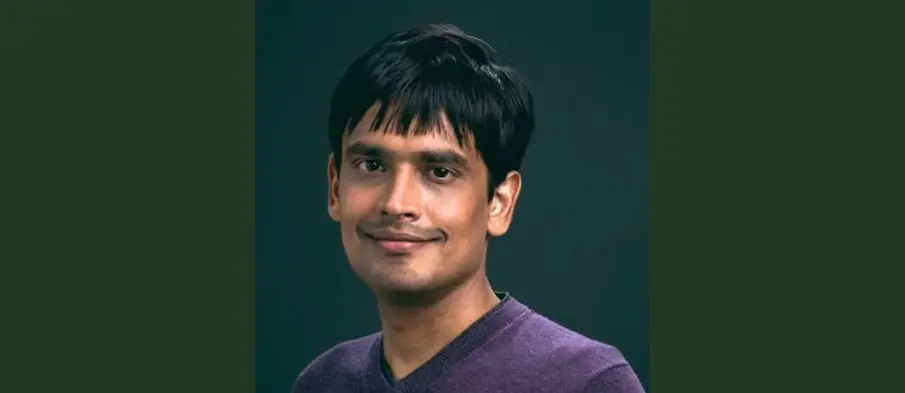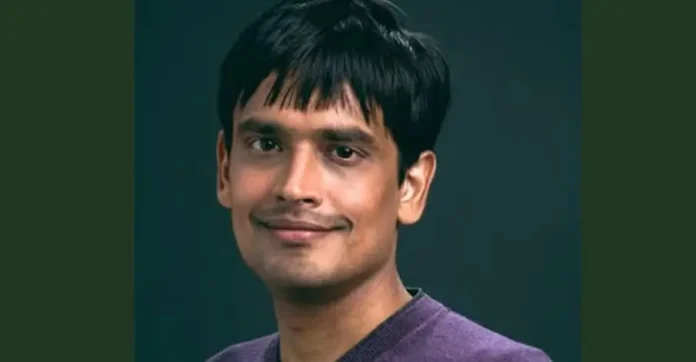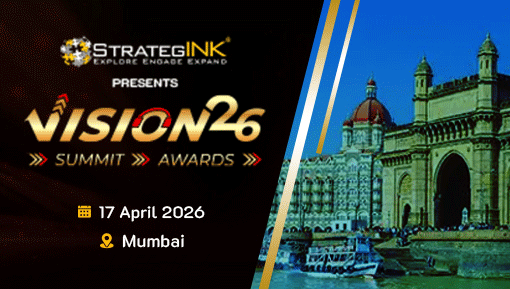
Artificial intelligence is rapidly transforming the tech landscape, and according to OpenAI’s Vice President of Engineering, Srinivas Narayanan, this shift is redefining what it means to be a software engineer. Speaking at Sangam 2025, the flagship innovation summit organized by the IIT Madras Alumni Association, Narayanan urged engineers to embrace a broader mindset in an age dominated by powerful AI tools.
“For every software engineer, the job is going to shift from being an engineer to being a CEO. You now have the tools to do so much more, so I think that means you should aspire bigger,” he said, emphasizing that the role of coders is evolving from technical execution to strategic leadership.
With AI systems becoming increasingly capable, engineers no longer need to manage every low-level detail of development. Instead, these tools are handling much of the execution, freeing humans to focus on vision, direction, and decision-making. “AI systems are moving far beyond simply answering questions,” Narayanan noted. As a result, software professionals are being called to define the “what” and “why” rather than just the “how”—a shift that aligns more with the responsibilities of founders and executives than traditional developers.
He elaborated further: “Of course, software is interesting and exciting, but just the ability to think bigger is going to be incredibly empowering for people, and the people who succeed (in the future) are the ones who are going to be able to think bigger.”
Narayanan, who played a key role in developing OpenAI’s advanced coding model Codex, believes that AI is enabling leaner teams to create more impact. “An organisation should be able to do things a lot more with the people that we have. I hope that this just elevates the potential for all of us as individuals and organisations to accomplish more than what we have,” he said.
He also highlighted how AI is driving innovation in fields beyond software, such as medical research and scientific discovery. AI systems are already aiding in diagnosing rare diseases and accelerating breakthroughs in healthcare. Despite this promise, Narayanan acknowledged the need for responsible deployment, stressing that OpenAI continues to prioritize safety and learning through iteration. “We don’t get everything perfect on the first try, but we learn and iterate rapidly,” he concluded.
- Advertisement -






